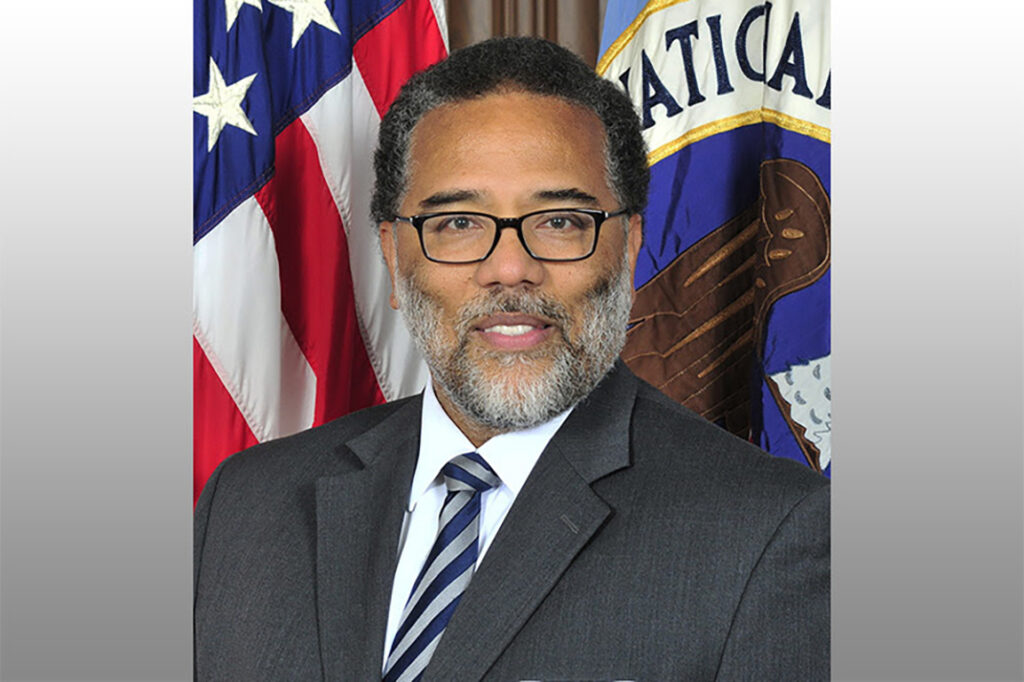CONTRIBUTED BY AU OFFICE OF COMMUNICATIONS AND MARKETING
AUBURN —
Frank Cilluffo, director of the McCrary Institute at Auburn University, released a statement Tuesday regarding the nomination of Harry Coker, a McCrary Institute senior fellow, for the position of National Cyber director. The National Cyber director, a Senate-confirmed position, advises the president of the United States on cybersecurity strategy and policy, working out of the White House and leading the Office of the National Cyber Director.
“Harry Coker is an excellent choice to be the next National Cyber director,” Cilluffo said. “As a former NSA and CIA executive and veteran Naval officer, he understands the cybersecurity threats and challenges facing our country. He also understands the vigilance and strategies needed to counter and thwart our cyber adversaries. As a McCrary fellow, Harry’s extensive experience in cyber matters has helped us push for solutions to some of the most critical cyber issues.
“Harry’s wealth of knowledge and experience have been an invaluable resource for the institute and Auburn University. We wish Harry the very best in his nomination process.”
Auburn University is a nationally ranked land grant institution recognized for its commitment to world-class scholarship, interdisciplinary research with an elite, top-tier Carnegie R1 classification, life-changing outreach with Carnegie’s Community Engagement designation and an undergraduate education experience second to none. Auburn is home to more than 30,000 students, and its faculty and research partners collaborate to develop and deliver meaningful scholarship, science and technology-based advancements that meet pressing regional, national and global needs. Auburn’s commitment to active student engagement, professional success and public/private partnership drives a growing reputation for outreach and extension that delivers broad economic, health and societal impact
